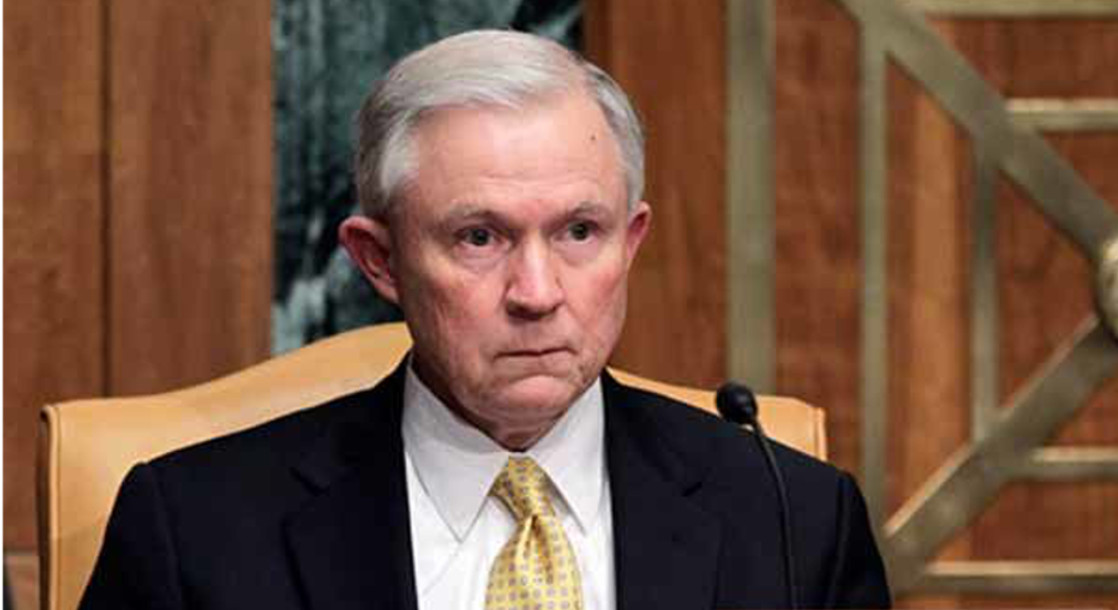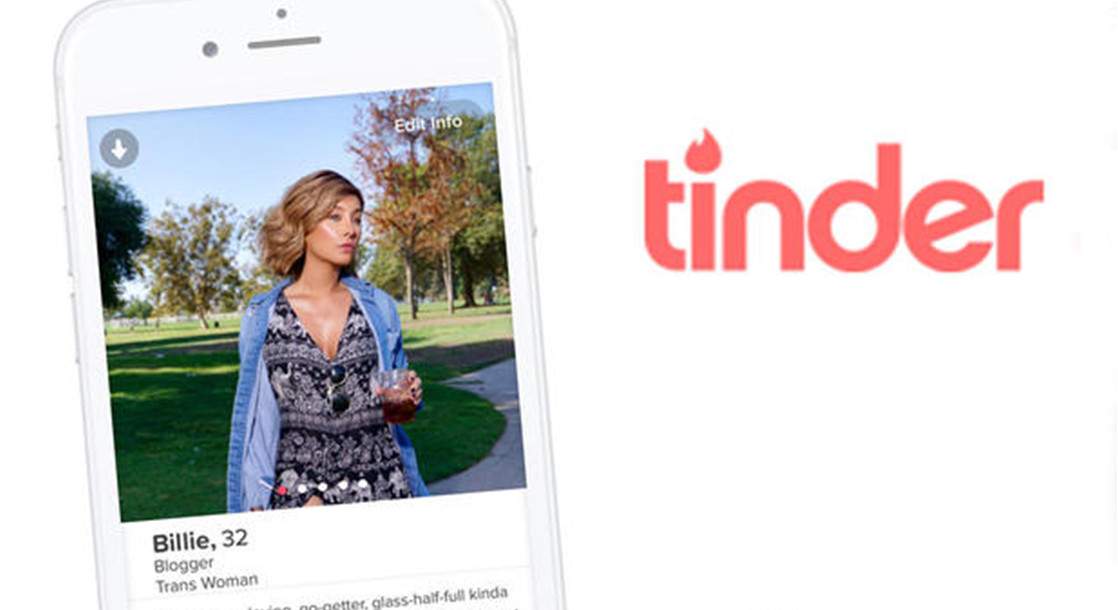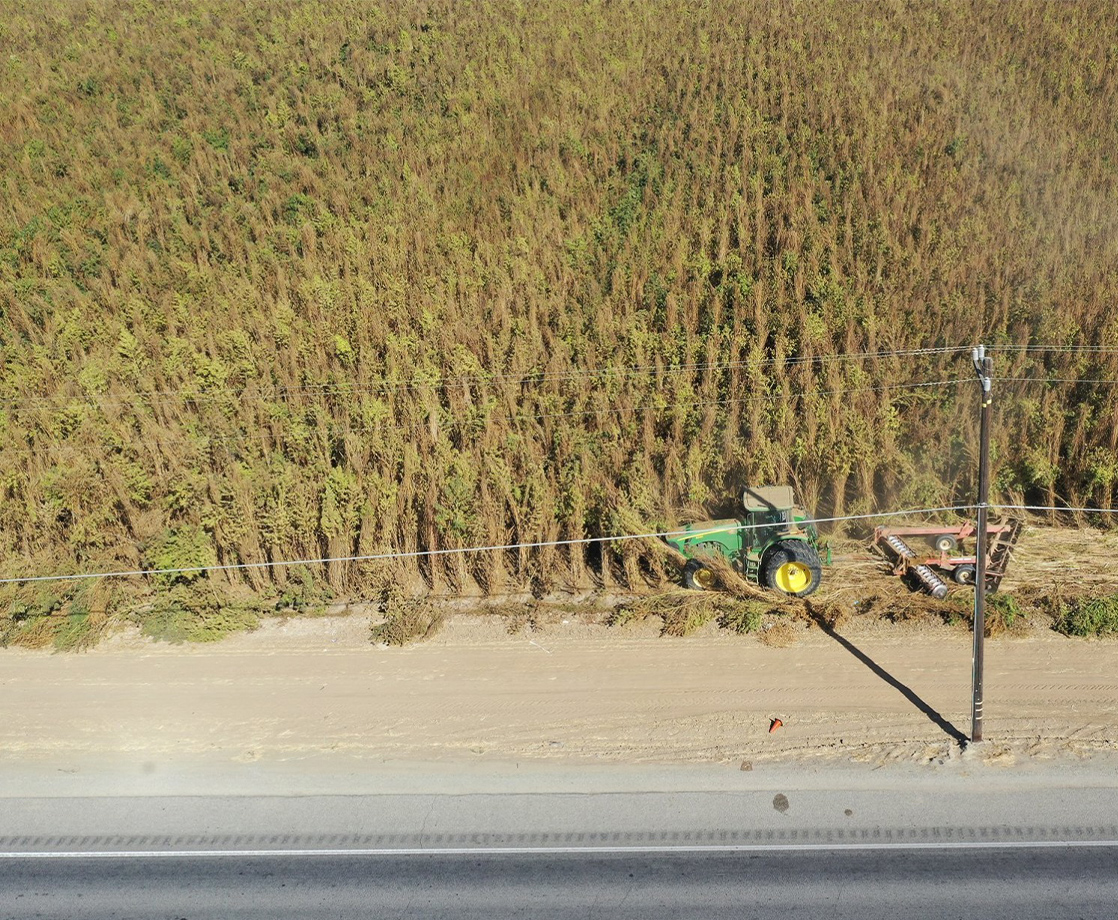On Friday, avid cannabis journalist Alex Halperin published a scathing critique of the pot industry’s post-election posture at Slate. He contends that despite the legal weed sector’s professed anxiety and handwringing over President-elect Donald Trump’s nomination of Sen. Jeff Sessions for U.S. Attorney General, it’s not really doing anything to try and stop it, even though the ballooning industry now has more clout than ever with the political establishment.
He leads by noting how Sessions’ nomination has rightfully incensed supporters of other progressive causes, like those rallying to protect minority communities in the face of Sessions’ documented history of racist views. Yet cannabusiness and pro- legalization groups, Halperin asserts, like the National Cannabis Industry Association—even in light of Sessions’ recent reactionary rhetoric towards cannabis (e.g. “good people don’t smoke marijuana”)—have issued appeasing responses to news of his selection, indicating to Halperin that “they think it’s safer to weather his tenure at the Justice Department than to fight it.”
Halperin also takes aim at statements made by Marijuana Majority chairman Tom Angell, who stated to Buzzfeed (as well as Merry Jane) last month that essentially he believes the Trump administration has bigger fish to fry and that attempting to dial back widely popular legal marijuana laws will take up too much of its time. Halperin offers a more cynical interpretation of this position—“ Put another way: Marijuana proponents believe that President Trump and Attorney General Sessions will be too busy tracking Muslims and deporting noncitizens to go after state-legal pot, which also happens to be more popular than not among Republicans. The industry expects the more vulnerable populations to function as its human shields.”
He goes on to call this stance “cowardly and hypocritical”, given that industry leaders are profiting from an activity that the federal government still prosecutes and imprisons citizens for engaging in where state governments haven’t yet acted to protect it. “By not standing up to Sessions,” he writes, “the industry is effectively endorsing the position that marijuana should still destroy Americans’ lives, whether by incarceration or through the hardships of having a criminal record.” He adds that this adopted attitude, “aside from its moral cowardice,” could turn out to be “catastrophically stupid” in the long run, as the legal cannabis industry is still “uniquely vulnerable” to interference from the Justice Department. Under Sessions the department could simply reverse non-statutory guidelines set under Obama appointees which are nearly all that have kept federal prosecutors and the Drug Enforcement Administration from meddling in states which have legalized either medical or recreational cannabis to date. While some have taken solace in Sessions’ alleged support for states’ rights alongside Trump’s assumed tolerance for medical marijuana, other analysis concludes that Trump may give Sessions enough breathing room to do as he wishes at Justice.
Halperin contends that despite the assumption that a Republican-controlled Senate will easily confirm Sessions’ appointment, there’s still a big opportunity for the cannabis industry to lobby them to reject it instead, as “there are now 58 senators representing states that have legalized in some form, including quite a few with at least one Republican senator.” By exploiting concerns supposedly important to Republicans, like job creation and economic growth, the cannabis industry could potentially convince of them of the value of not setting up a showdown between Sessions and a sector estimated to garner $6 billion in sales this year. Short of that, strategic pressure from the industry could at least compel Senators to seriously interrogate Sessions’ respect for state marijuana laws on the record, so that he can be held accountable for broken promises later on.
Tom Angell, who tweeted his responses to the piece, strongly disagrees; he retorted that Halperin “is a nice guy but clearly not a political strategist.” Angell believes the Senate’s party makeup makes refusal of Sessions’ appointment “very hard” and that “some [are] working on trying to stop it anyway (fine); others of us [are] focused on trying to convince him not to do bad things as AG”. He also claims that if Sessions’ nomination is successful despite fearful protests of a future crackdown on legal cannabis, Sessions may take as it a signal that he can go after the industry anyway, and that it’s “better to help him see [that] bad stuff [is] not in his interest”. Bill Piper, senior director of national affairs for the Drug Policy Alliance, and author of another potent op-ed inveighing against Sessions’ nomination, tweeted his disagreement with Angell, writing “Sessions is stoppable. Which is why every social justice group except cannabis people are working to stop him”, that “Sessions is not going to leave industry alone because they go soft on him. He will arrest dispensary owners”, and that “also not just about [marijuana]. Also sentencing, policing, civil rights, torture, immigration, and other issues stake”.
It’s also worth noting that the homepage of Angell’s group Marijuana Majority currently features Donald Trump’s portrait and campaign rally footage of his endorsement of medical marijuana legalization as a “state issue.”
Halperin concludes his piece by imploring the legal cannabis industry to action; “By taking on Sessions when it has the opportunity, it could rebrand itself as an industry that stands for more than its own profits, even if it doesn’t.” Regrettably, perhaps one of the top comments at Slate—regarding why the industry hasn’t yet risen to contest Sessions—is telling: “It's easy to say when you're not the one facing potential prosecution.” Maybe the legal marijuana industry is just too scared to put itself in the incoming administration’s headlights











